All Have Free Speech, But Some Have Freer Speech: Orwell’s Animal Farm and Today’s Media Double Standard
Today’s media landscape increasingly mirrors this dystopian allegory
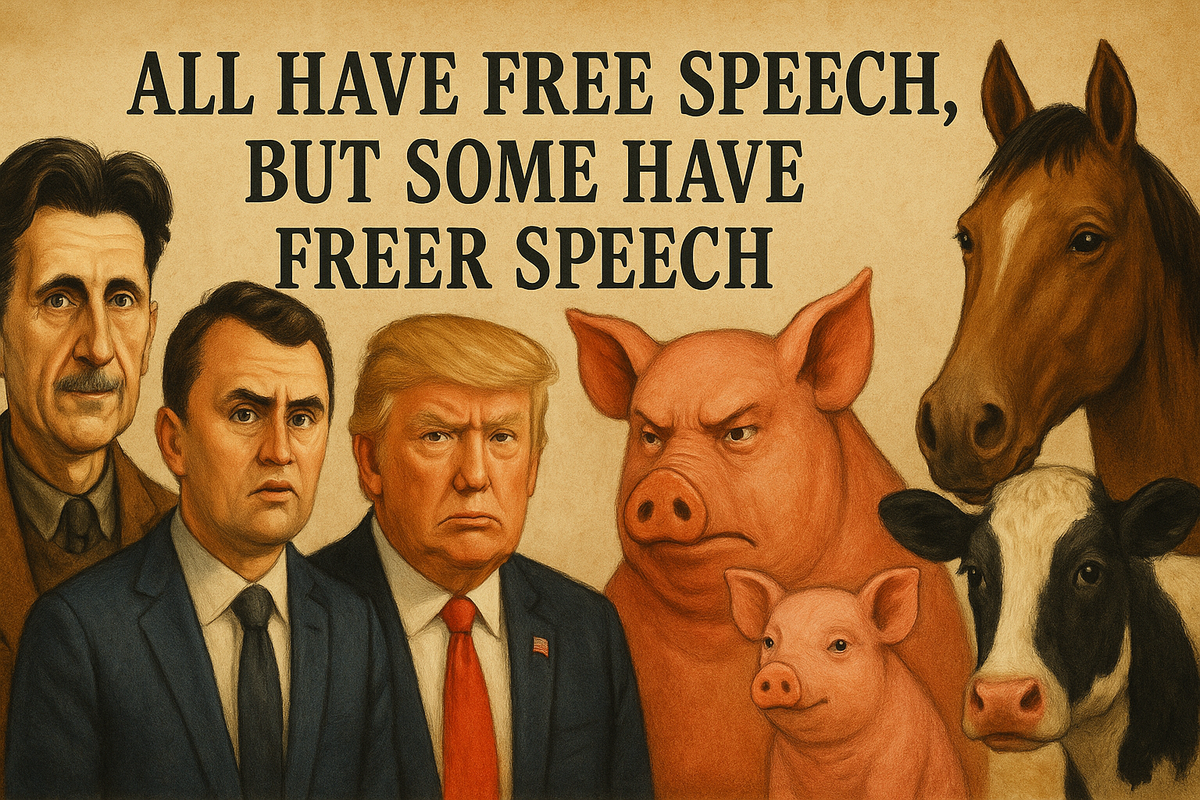
Today’s media landscape increasingly mirrors this dystopian allegory

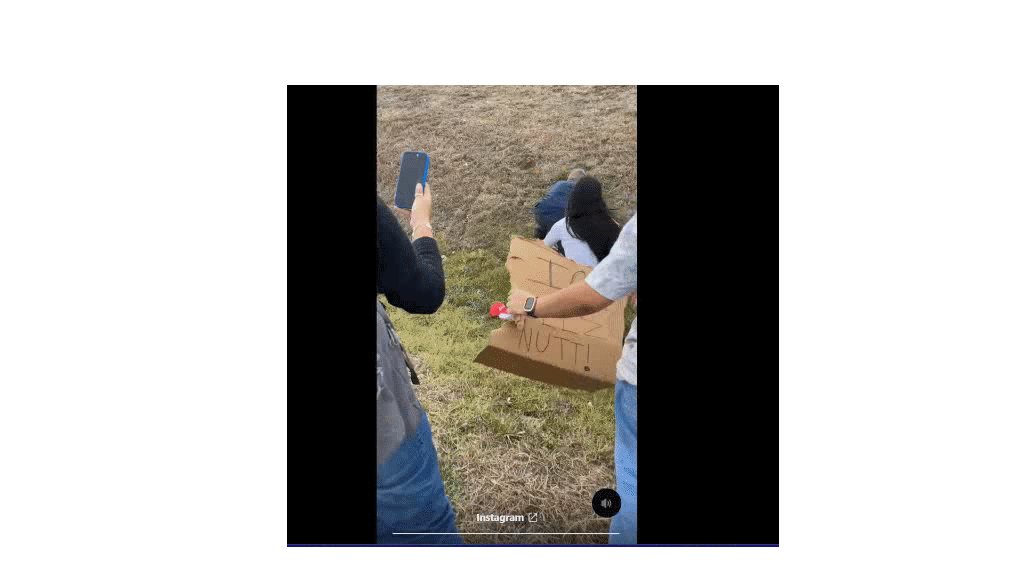
Now that is real MAGA Obedience!
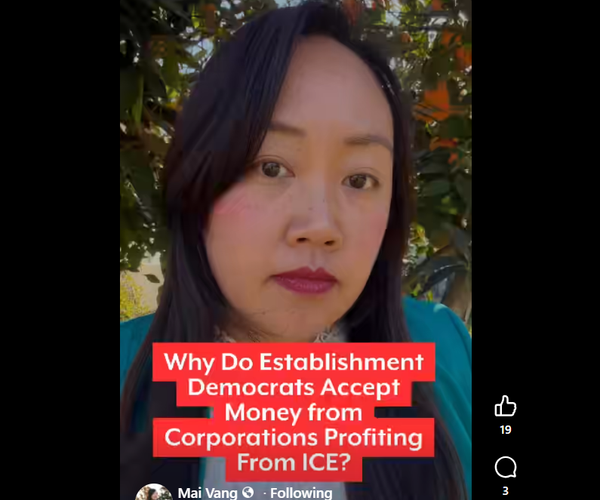
"Sure as hell shouldn't take money from companies enabling ICE."
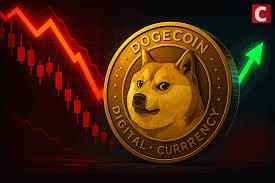
Thanks to hype, many say manipulation by Elon Musk, there was a push for crypto bro traders to push the price to $1.00
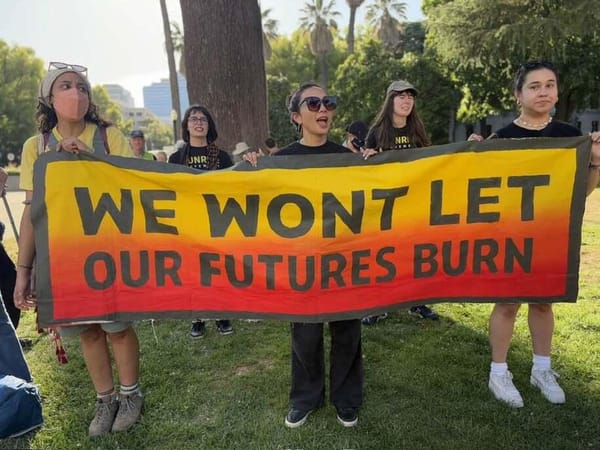
U.S. crude oil production crushed all time world records in 2023 with 12.9 million barrels per day and 13.2 million barrels per day in 2024 under the Biden administration